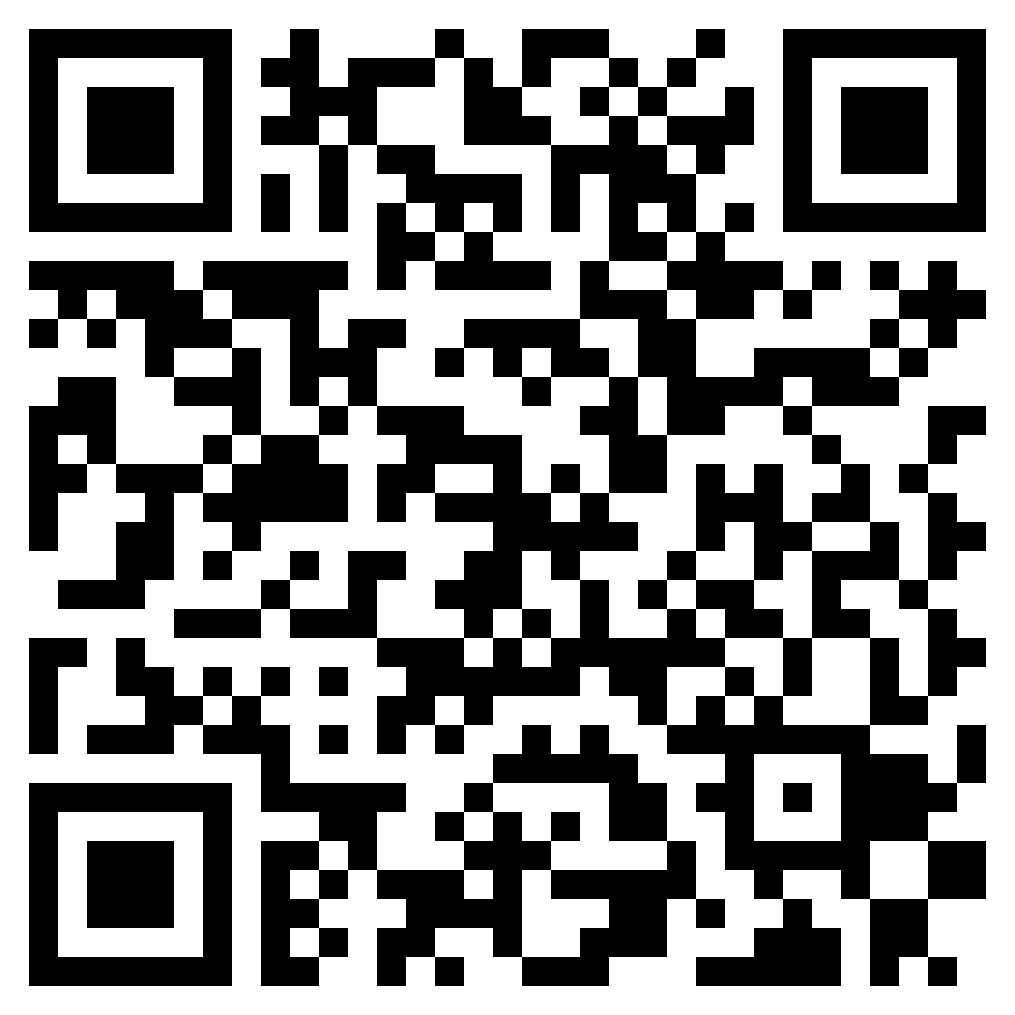FORMS OF ORGANIZATION OF CORPORATE EDUCATION IN HIGHER EDUCATIONAL INSTITUTIONS
DOI:
https://doi.org/10.55640/eijmrms-02-04-59Keywords:
Corporate education, professionalism, multifunctionalityAbstract
This article aims to improve the quality of education by creating new opportunities for higher education institutions to support innovative forms of education based on a corporate approach to education
References
Non-traditional forms of organization of training. – Access mode: http://coolreferat.com/.
Nikolaenko D.V. Special course conference as a new form of education. Access mode: www.hiv-aids-epidemic.com.ua
Serykh O. Modern technologies and methods of corporate training of personnel. Website: ucfd.ru> Publications.
Sociological image: master classes. – Access mode: wiki.pskovedu.ru/index.php/Master-class.
Omonov, Q., & Karimov, N. (2020). Importance Of Ancestoral Heritage. The American Journal of Social Science and Education Innovations, 2(09), 196-202.
Gordon, R. A., & Howell, J. E. (1959). Higher education for business. In Higher Education for Business. Columbia University Press.
Karimov, N. R. (2020). A True Successor of Great Central Asian Scholars. Journal «Bulletin Social-Economic and Humanitarian Research,(7), 62-69.
Muxlibaev, M., Kurbanov, B., Tuychiev, A., & Boymatov, N. (2021). METHODOLOGICAL FOUNDATIONS AND SOLVING INTEGRAL PROBLEMS BY PHYSICS WITH LABOR TRAINING. 湖南大学学报 (自然科学版), 48(12).
Meyer, J. W., Rowan, B., & Meyer, M. W. (1978). The structure of educational organizations. Schools and society: A sociological approach to education, 217-225.

Downloads
Published
How to Cite
Issue
Section
License
Copyright (c) 2022 N. Boymatov

This work is licensed under a Creative Commons Attribution 4.0 International License.
Individual articles are published Open Access under the Creative Commons Licence: CC-BY 4.0.

